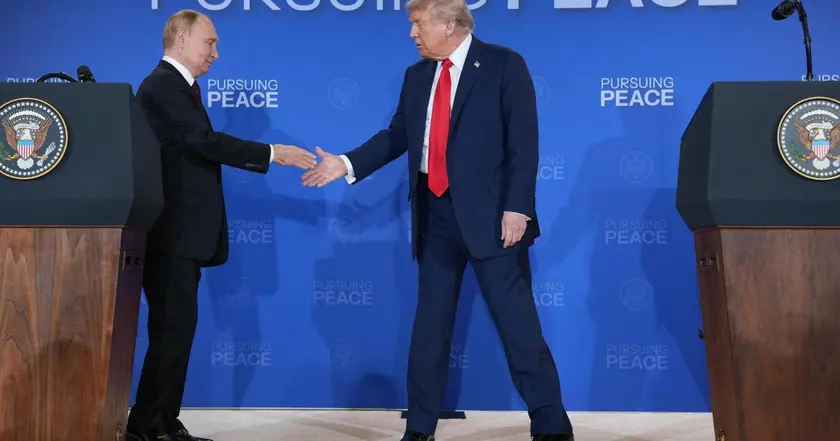T4K3.news
Russia demands veto on postwar security guarantees
Moscow ties future Ukraine support to a veto as it tightens security demands amid heavy Russian bombardment
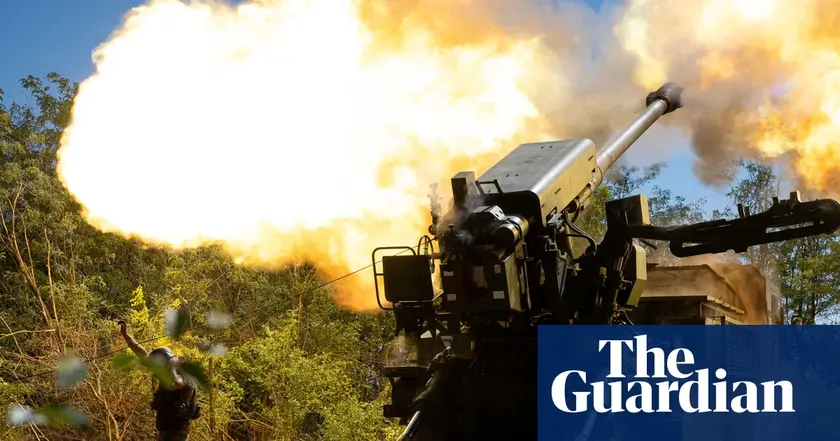
Moscow resists postwar Ukraine guarantees and ties future support to a veto while a large Russian bombardment unfolds.
Russia demands veto on postwar security guarantees
Russia’s foreign minister Sergei Lavrov said any postwar guarantees for Ukraine must include Moscow’s veto power, calling Western plans to deploy troops on Ukrainian soil foreign intervention and unacceptable. He urged a return to the Istanbul framework of 2022, where Russia and China would help guarantee Ukraine’s security alongside European partners, a stance Kyiv rejects. The remarks complicate prospects for a straightforward diplomatic path and reflect a broader struggle over the shape of future security in Europe.
At the same time, Moscow carried out a major overnight attack, launching hundreds of drones and missiles at western Ukraine. Kyiv reported casualties and damage, with a note that a major U.S. electronics manufacturer was among the targets. The heavy bombardment arrives as officials in Washington and Kyiv weigh steps toward possible negotiations, even as Moscow signals it will not concede on its maximalist terms and Kyiv insists on conditions that Russia may find unacceptable.
Key Takeaways
"We support the principles and security guarantees that were agreed in April 2022"
Lavrov reiterating the framework from 2022
"There is no chance of winning"
Trump on handling the conflict
"The message is clear: Russia is not looking for peace. Russia is attacking American business in Ukraine"
Comment from Andy Hunder, American Chamber of Commerce in Ukraine
"But what if the Russians are not ready?"
Zelenskyy on meeting willingness
The Kremlin’s push for veto power over postwar guarantees signals diplomacy tangled in hard security guarantees rather than mere handshake promises. It raises the question of whether Western-led assurances can be credible if Russia can veto postwar arrangements. Trump’s presence adds a destabilizing layer, with mixed signals about U.S. involvement that could weaken any singular approach to peace.
If Moscow sticks to maximalist demands, the risk is a longer, more violent stalemate that harms civilians and reduces the room for compromise. Western allies must test guarantees for credibility and verifiability while avoiding a framework that solidifies Russia’s constraints on Ukraine’s sovereignty. The coming days will show whether diplomacy can outpace the tempo of war and create a path toward a durable settlement or if the cycle of threats and counter-threats simply deepens.
Highlights
- Diplomacy loses when ultimatums harden into vetoes
- Security guarantees must come with real constraints not empty promises
- There is no chance of winning
- We support the principles and security guarantees that were agreed in April 2022
Political risk in stalled peace process
The demand for a veto over postwar security guarantees and the ongoing large-scale attacks risk derailing diplomacy and prolonging conflict. The stance may trigger political backlash at home and abroad and complicate future negotiations, heightening uncertainty for civilians and partners.
Diplomacy will need more than bold words to earn trust and keep the door open for dialogue
Enjoyed this? Let your friends know!
Related News

Kremlin seeks veto on Ukraine security guarantees
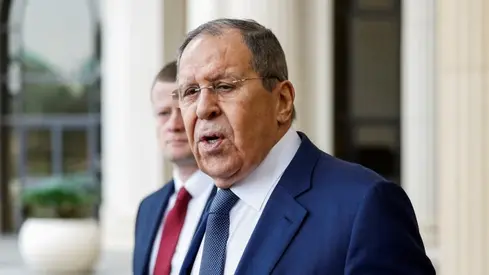
Russia seeks veto in Ukraine security guarantees
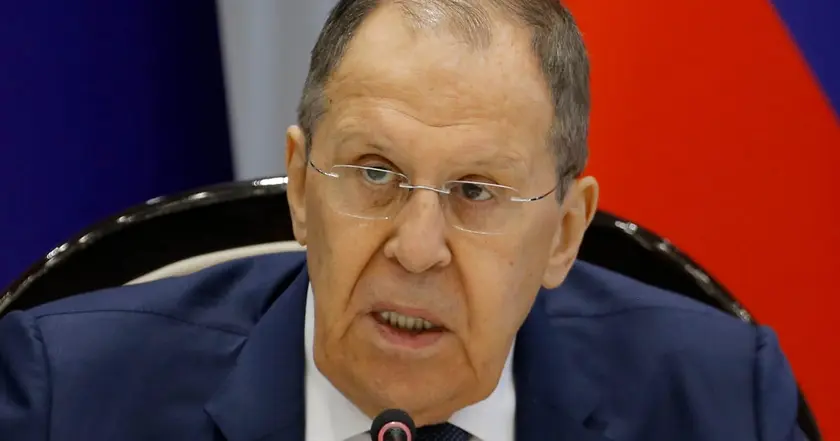
Russia demands veto on Ukraine security guarantees
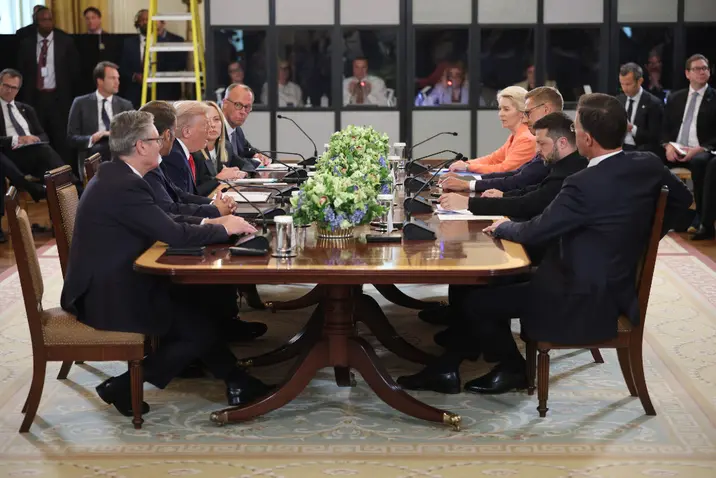
Ukraine Russia Deal Hinges on Western Backing
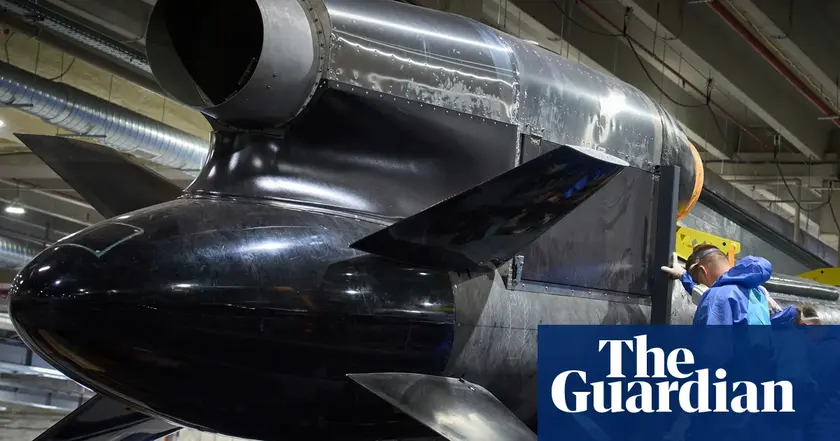
Flamingo missile unveiled amid stalled peace talks
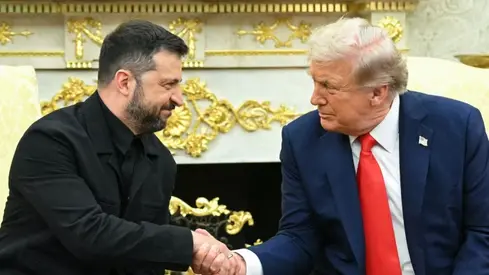
Trump proposes air backed Ukraine security guarantee

Peace terms collide with battlefield reality
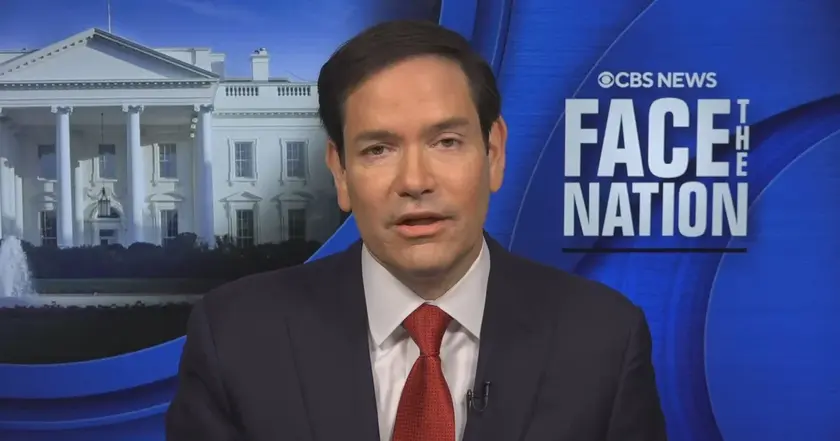
Rubio outlines tough path to peace in Ukraine talks
